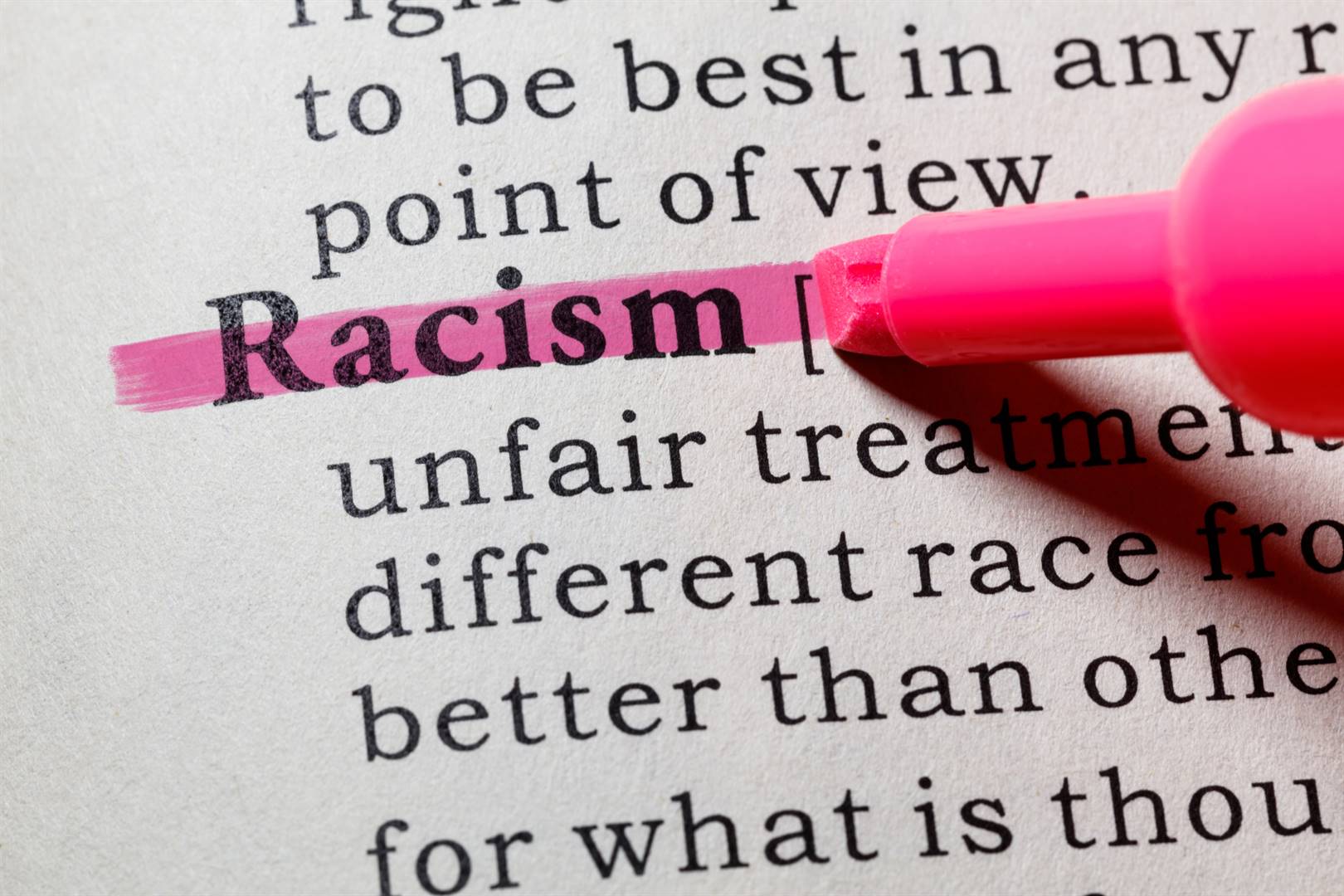
Employees found guilty of falsely accusing their employers and colleagues of racism face getting the boot themselves.
Employees sometimes loosely make racial allegations against their employers, especially if an employee is facing some form of disciplinary action, without being aware of the consequences that could befall them if those allegations are found to be false.
He says even employees with legitimate grievances, when the evidence is weighed, can still face dismissal if they perpetuate false allegations of racism.
The employer may still charge an employee with deliberately supplying incorrect and/or falsified information for the false racial claim, which can undermine the case of the employee.
South Africa’s Labour Court and Labour Appeal Court are filled with case law demonstrating a stern no tolerance approach towards racism in the workplace.
There are several cases judges often cite when delivering judgment in the context of racial allegations in the workplace. The case of Sacwu and another vs NCP Chochems (Pty) Ltd (2007, 7 BLLR 663) is such a case.
The employee was attending a meeting when he unjustifiably accused a colleague of racism and threatened to call for his dismissal. The employee was dismissed for having made a false allegation of racism.
He referred a dispute regarding an unfair dismissal to the bargaining council where the arbitrator upheld the fairness of the dismissal. The employee, not being happy with the decision of the arbitrator, thereafter took the matter to the Labour Court where it was decided that “falsely accusing a person of racism threatens racial harmony at the workplace”.
It is racially offensive, abusive and insulting and such accusations, therefore, deserve strong discipline and the court upheld the dismissal.
Due to the seriousness of racial allegations, and the context of South Africa’s history, employees cannot mount a defence using an employer’s disciplinary code of having to provide multiple warnings before an employee can be dismissed when facing false or legitimate racial allegations.
In the case of Oerlikon Electrodes SA vs CCMA and others (2003 9 BLLR 900), the Labour Court was asked to review an award made by a CCMA commissioner relating to the dismissal of an employee for using racist language.
The arbitrator had found the dismissal to be unfair partly because the employer’s disciplinary code did not provide for dismissal on a first offence of using racist language.
The Labour Court found that the employee had admitted to calling a repairman of a service provider a “Dutchman” and had admitted that this was a derogatory term.
The employer’s disciplinary code did require two warnings before dismissal could be implemented. However, the employer was not required to follow its disciplinary code rigidly. The employer had the right to deviate from its disciplinary code when circumstances called for this.
The CCMA commissioner had improperly interfered with the employer’s right to impose discipline. The dismissal was, as a result, found to be fair.
This judgment made it clear that even moderate forms of racism will not be tolerated in South African workplaces.
Employees may, under certain conditions, be fired even if the employer’s disciplinary code does not provide for dismissal.
This judgment sends a clear message to employees and employers that racist conduct and unfounded allegations of racism in the workplace are wholly unacceptable and will not be tolerated by the courts.
Both employees and employers need to be aware of the seriousness of making racial comments or allegations in the workplace. South African courts don’t take too lightly the matter of racism, and seek to send a clear message that even those found guilty of falsely making such claims face the full might of the law.
• Justin Hattingh is senior legal advisor at Strata-g Labour Solutions




 Publications
Publications
 Partners
Partners








